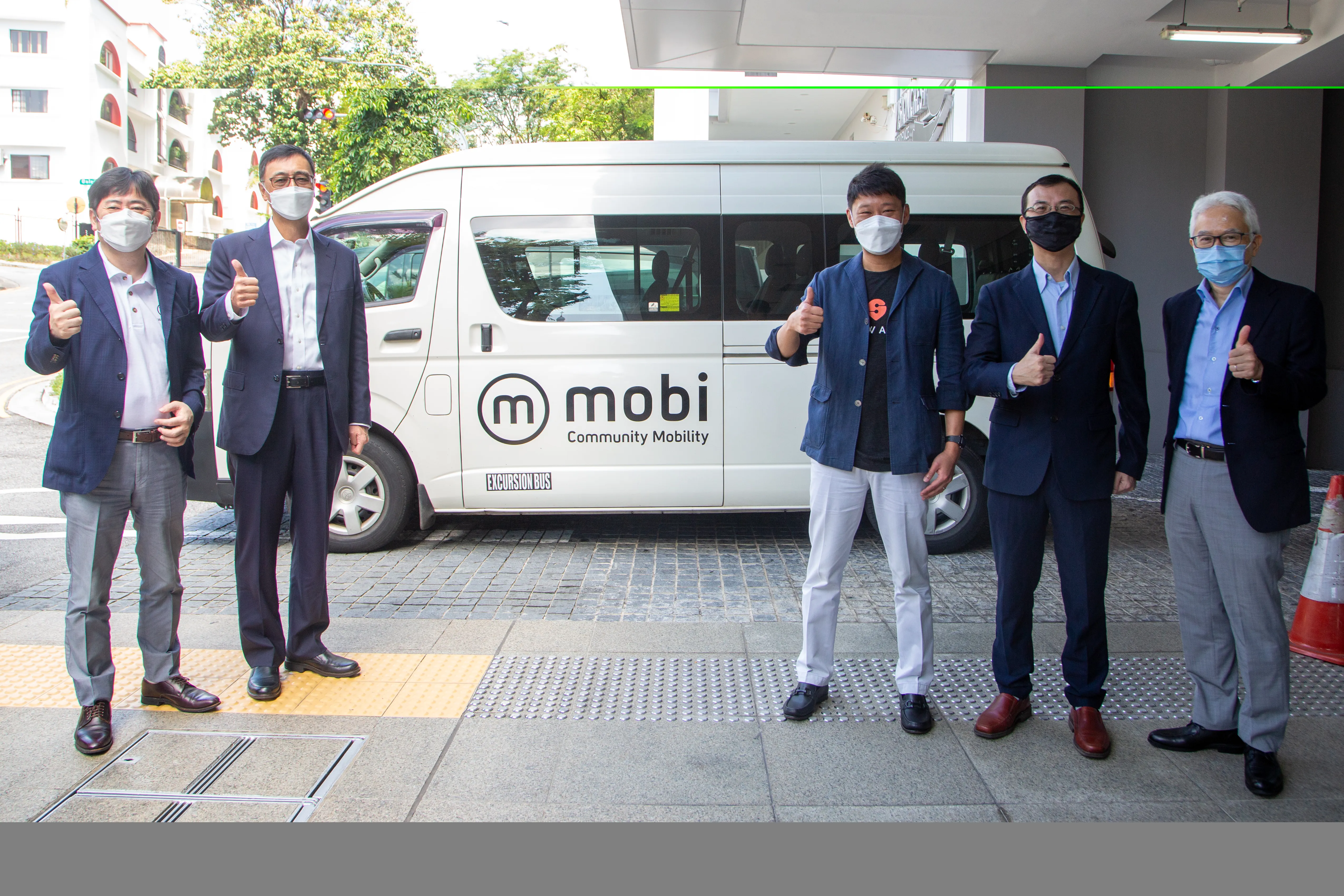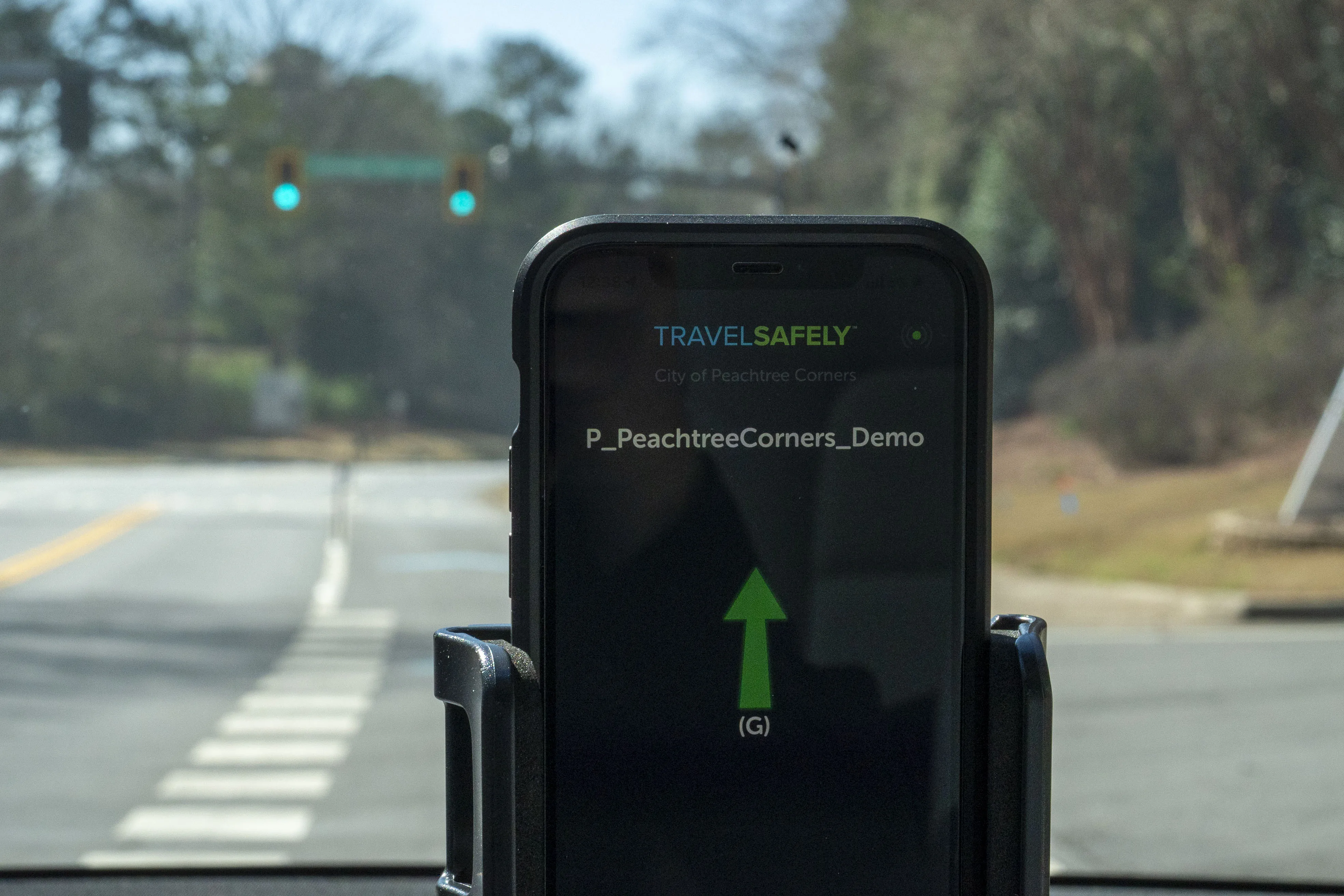
Japan-based Mobility as a Service (MaaS) company Willers has launched a first and last-mile on-demand shuttle service with artificial intelligence (AI) routing capability in Singapore.
The Mobi service will initially cater to residents of the River Valley, Orchard and Newton areas. Users can book rides on the shuttle bus via the Mobile app where they can choose from more than 100 'virtual bus stops' in the area.
Willers says Mobi will operate in an area with a population of more than 30,000, providing access to key shopping centres, medical facilities, dining precincts, schools and tuition centres.
According to Willers, the service uses Swat Mobility's AI technology, with optimal routing capability to transport passengers quickly to their destination.
Willers founder Shigetaka Murase says: “By offering a simple and easy to use first- and last-mile transport service to communities living in an area of about 2km in radius, mobi offers a niche solution for people to get to places that may be too far or inconvenient to walk, yet too short to drive, or uneconomical to travel to by taxi or a ride-hailing service.”
The service complements the existing public transport network by providing better access and connectivity to key “transport nodes” and bridging gaps in-between, Murase adds.
Mobi runs seven days a week, including public holidays, between 08:30am and 10:00pm. New sign-ups can try the service for free for two weeks after which the users can continue using the service at an affordable fixed monthly subscription rate for unlimited rides or on a pay per ride basis. The subscription plan allows the main user to add family members for a very nominal fee for up to five persons.
Looking ahead, the partners will expand the service to more locations in Singapore as well as to the other cities and towns in the region.
Last June, the Mobi service was first launched in the Japanese city of Kyoto and has since rolled out to Tokyo, Nagoya and Hokkaido.









